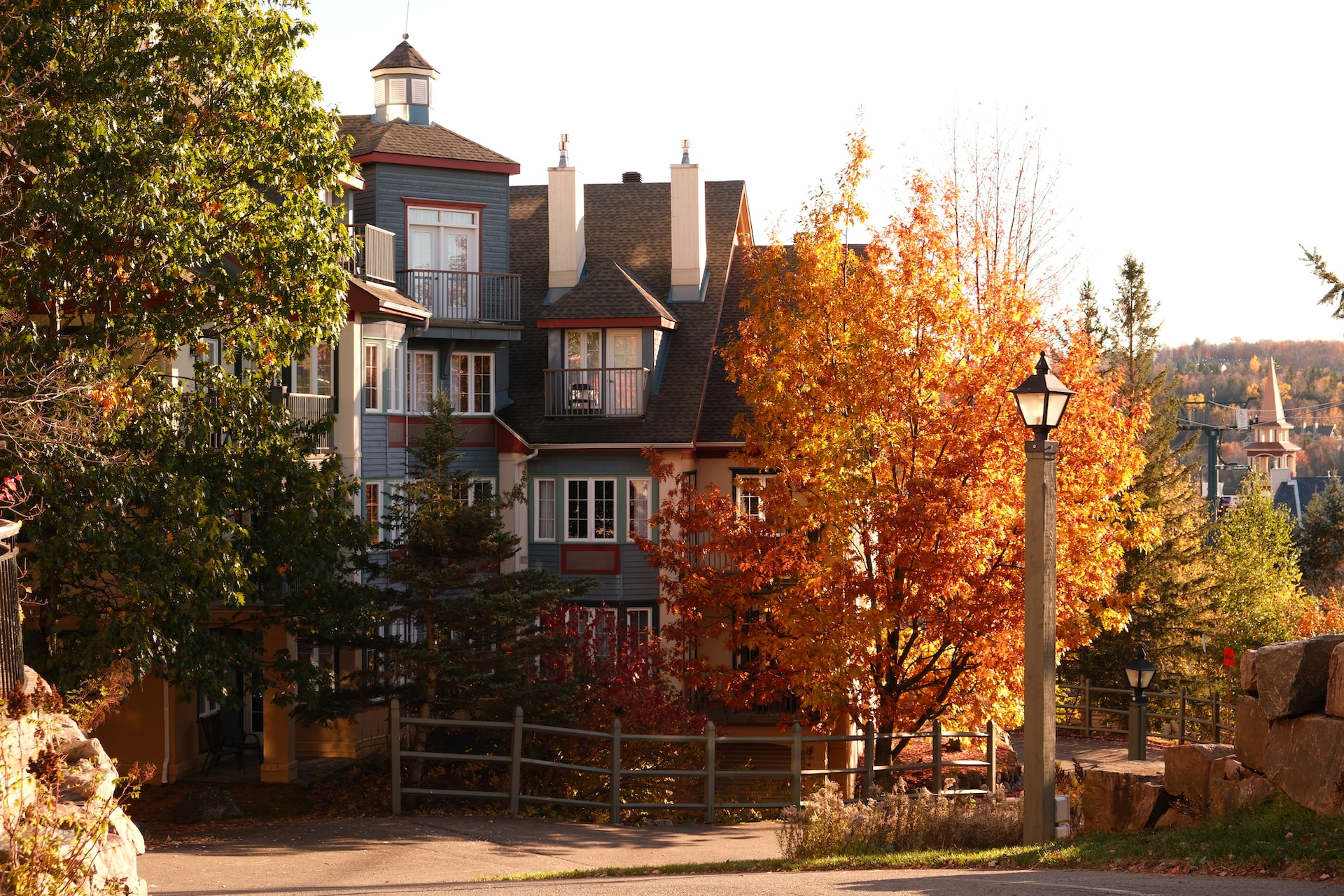

Question: How Do You Value a Real Estate Investment Property?
Answer: The value of an investment property is assessed based on factors such as location, rental income, expenses, and potential ROI.
How do you value a real estate investment property? – Factors that Affect Property Valuation
Valuing a real estate investment property is an important step in the buying process. It helps you determine how much the property is worth and whether it is a good investment. There are a number of factors that affect the value of a property, including its location, condition, and market conditions.
Methods of Property Valuation
There are three main methods of property valuation:
-
Sales comparison approach: This approach involves comparing the subject property to similar properties that have recently sold in the same area. The value of the subject property is then estimated based on the sales prices of the comparable properties.
-
Income approach: This approach involves estimating the future income that the property will generate. The value of the property is then estimated based on the discounted value of the future income stream.
-
Cost approach: This approach involves estimating the cost to replace the property. The value of the property is then estimated based on the replacement cost, minus depreciation. [ 1 ]
Click here to learn how realtors determine how to price a home in Shelburne
Related Article: How Do You Determine Investment Value?
Related Article: What is Property Valuation for Investment Properties?
Factors that Affect Property Valuation
The following factors can affect the value of a real estate investment property:
-
Location: The location of a property is one of the most important factors that affects its value. Properties in desirable areas, such as those near schools, parks, and public transportation, are typically more valuable than properties in less desirable areas.
-
Property type: The type of property also affects its value. Single-family homes are typically more valuable than multi-family homes, which are typically more valuable than condos and townhouses.
-
Property condition: The condition of a property also affects its value. Properties that are in good condition are typically more valuable than properties that need repairs.
-
Market conditions: The overall market conditions can also affect the value of a property. In a strong market, property values tend to rise. In a weak market, property values tend to fall.
How to Get Your Property Valued
If you are not sure how to value your investment property, you can hire a professional appraiser. Appraisers are trained to value properties using a variety of methods. They can also provide you with an unbiased estimate of the value of your property.
How to Improve the Value of Your Investment Property
There are a number of things that you can do to improve the value of your investment property, including:
-
Making repairs and improvements: Making repairs and improvements to your property can help to increase its value.
-
Updating the property: Updating the property with new finishes and fixtures can also help to increase its value.
-
Improving the curb appeal: Improving the curb appeal of your property can make it more attractive to potential buyers.
-
Renting the property: Renting the property can generate income for you and help to offset the costs of owning the property.
Check out this page to learn more about Jennifer Jewell
Conclusion
Valuing a real estate investment property is an important part of the buying process. By understanding the different methods of property valuation and how to get your property valued, you can make informed investment decisions.
Additional Tips for Valuing Investment Properties
Here are some additional tips for valuing investment properties:
-
Consider the future potential of the area: When valuing an investment property, it is important to consider the future potential of the area. If the area is growing and developing, the value of the property is likely to increase over time.
-
Look for unique features: Unique features, such as a pool, a garage, or a large backyard, can add value to an investment property.
-
Be realistic about the condition of the property: It is important to be realistic about the condition of the property when valuing it. If the property needs repairs, the cost of the repairs should be factored into the valuation.
-
Get multiple opinions: It is always a good idea to get multiple opinions on the value of an investment property before making an offer. This will help you to ensure that you are paying a fair price for the property.
By following these tips, you can improve your chances of making a wise investment in real estate.
References
1. https://www.emerald.com/insight/publication/issn/0960-2712


